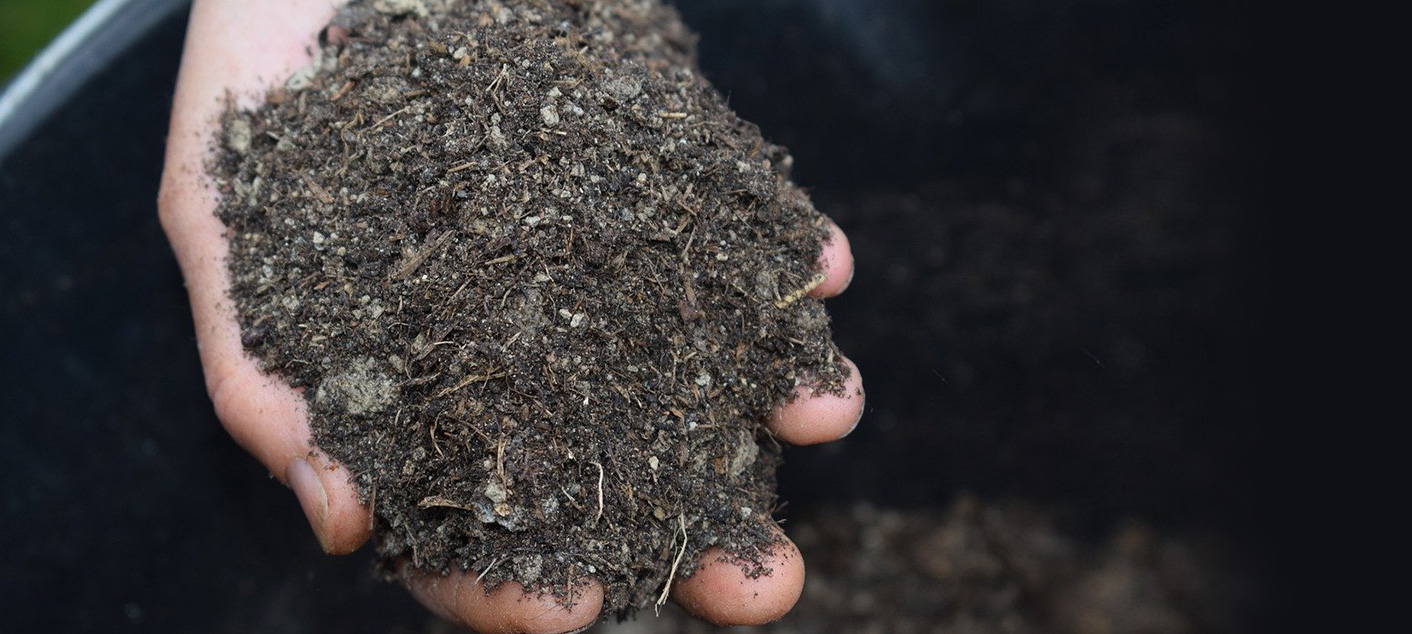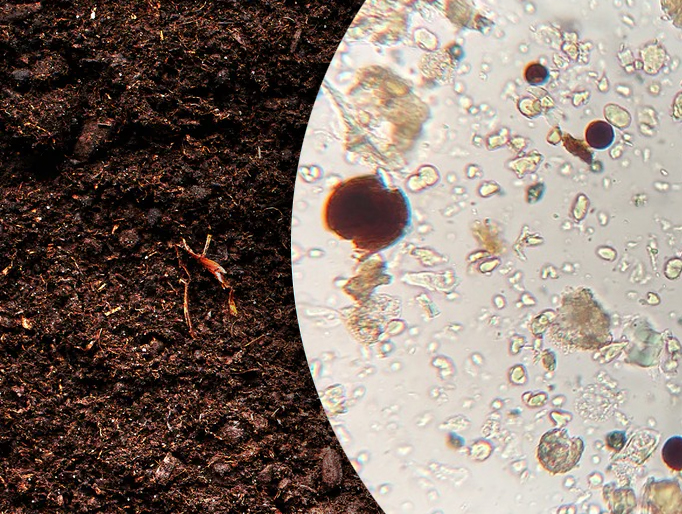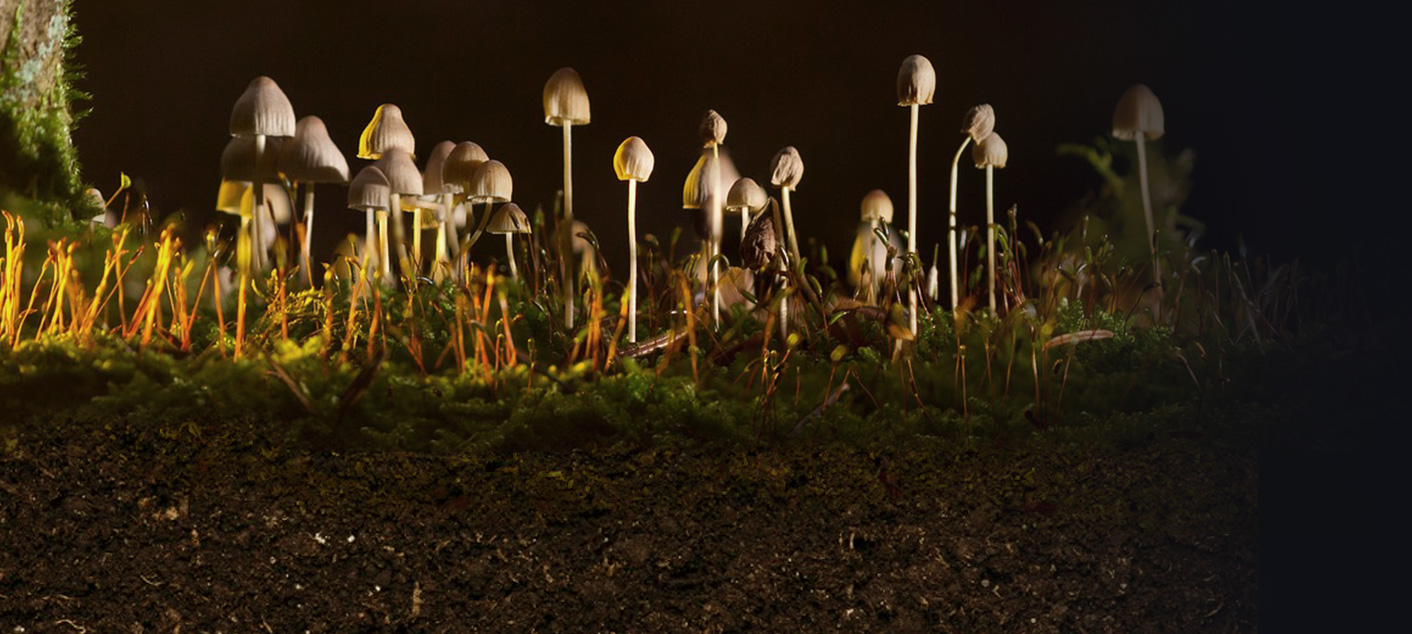Agriculture
Let’s Grow Together
Mycophyte Solutions is a team of Certified Crop Advisors that have studied plants and fungi for years. While we come from a diversity of backgrounds and have each experimented with various farming techniques at various scales, we all promote biological, regenerative agriculture approaches that support sustainable land management. This uses traditional methods of soil testing, along with analyzing the biology of the soil to choose appropriate soil treatments, such as applications of inputs that promote fertility and active soil biology. Agricultural soils are often lacking in both organic matter and fungi, this is the first thing we look for when addressing unproductive soils. The resulting soil ecosystems are more productive, good for the farmer and good for the planet.
Agronomy Services
Soil Testing
• Quantify Fungal & Bacterial Biomass
• Soil Structure Analysis
• Microbial Community Analysis
Fertility Programs
• Permaculture Techniques
• Sustainable Inputs & Fertilizer Plans
• Improve Soil Biology by Increasing
Fungal & Microbial Content
Soil Improvement Strategies
• Mulch Systems & Fungal Mulch Inoculation
• Cover Crop/Companion Planting Schedules & Blends
• Organic Matter Management
Soil Audit
• Standard Soil Test
• Paste Test Analysis
• Soil Compaction/Infiltration
• Soil Biology
Product Development
• Fertilizer Formulation
• Product Registration
• Organic Certification
• Product Marketing
Integrated Pest Management
• Pathogen Identification
• Endophyte Isolation and Inoculation
• Biological Approaches & IPM Product Suggestions
• Support Plant Immune System
• Companion Planting and Pollinator Gardens

Regenerative Farming
Regenerative Farming is a term often used that represents farmers with land management practices that generate topsoil and increase soil fertility from season to season with minimal fertilizer applications.
By evaluating soil fertility tests as well as assessing the soil’s structure and the biology that is present, we are able to improve these conditions with various soil treatments and through the sourcing and application of economically and environmentally sustainable inputs.
Mulching and applying other inputs that result in an increase in soil organic matter will attract the native soil organisms that are essential in creating a strong soil structure that is capable of cycling nutrients and holding water. In addition to helping farmers implement these methods we are able to supply fungal and microbial inoculants that will lead to an immediate increase in soil biology and an expedited production of soil organic matter.
Organic Matter Matters
Increasing your soil organic matter offers enormous benefits to both the farm and the environment. Soils with high organic matter and proper soil biology may be considered suppressive soils. A suppressive soil is one which has such a strong population of beneficial soil biology that enables the soil itself to suppress potential pathogens.
Not only can soil organic matter suppress pathogens but it provides a structure that is capable of aggregating sediments and holding an increased volume of water due to increased surface area and pore space. When soils can hold larger amounts of water, they need to be irrigated less, saving the farm money and reducing runoff.
In addition to holding water, soil organic matter is able to house large populations of microorganisms, collectively known as the soil food web. When a full and diverse set of soil biology is present, nutrient cycling will take place.
Bacteria and fungi digest organic matter and break large compounds into smaller molecules and ingest the nutrients they need to grow. Then nematodes and protozoa begin to sense a food source and come consume these fungi and bacteria. When these larger predators (still microscopic) consume their prey, they excrete waste in the form of plant available nutrients. Therefore by having the proper biology in place, soil can continue to feed plants without many additions of off- farm inputs.


Enhance Your Soil Health
When we have soils with lots of biology, in particular fungi, the soils are able to sequester enormous amounts of carbon. By storing carbon in fungal hyphae, we are removing carbon dioxide from the atmosphere and sequestering it into soils.
Hopefully by now we have convinced you on the benefits of soil organic matter and why we should care about our soils. When we have good soil organic matter, these soils can suppress pathogens, hold additional water, house large populations of beneficial biology that, through the soil food web, can provide nutrients for plants and take more carbon out of the air and store it where it belongs, the soil.
